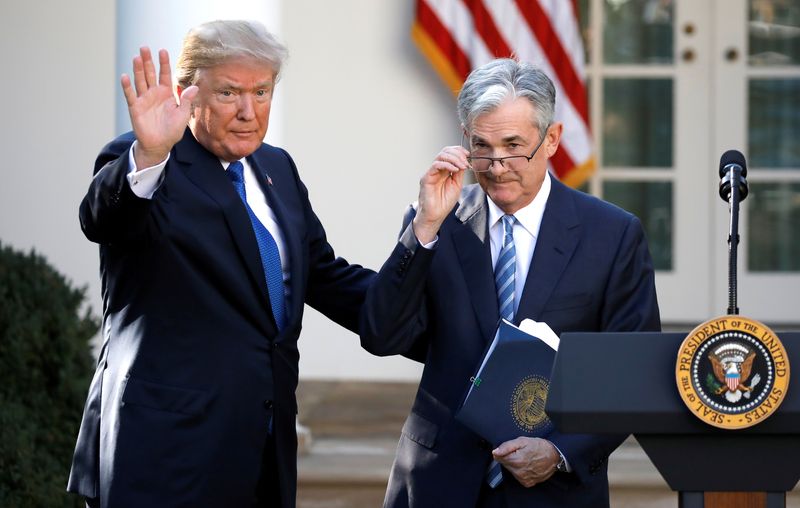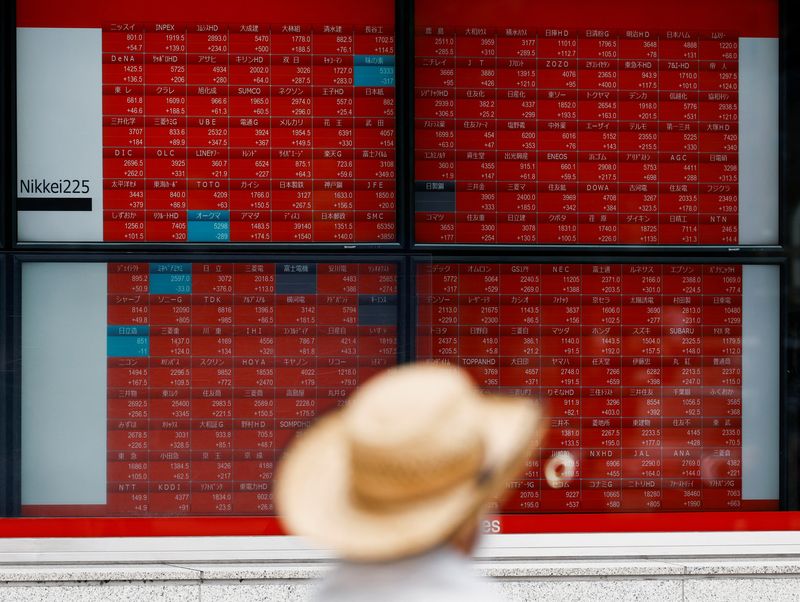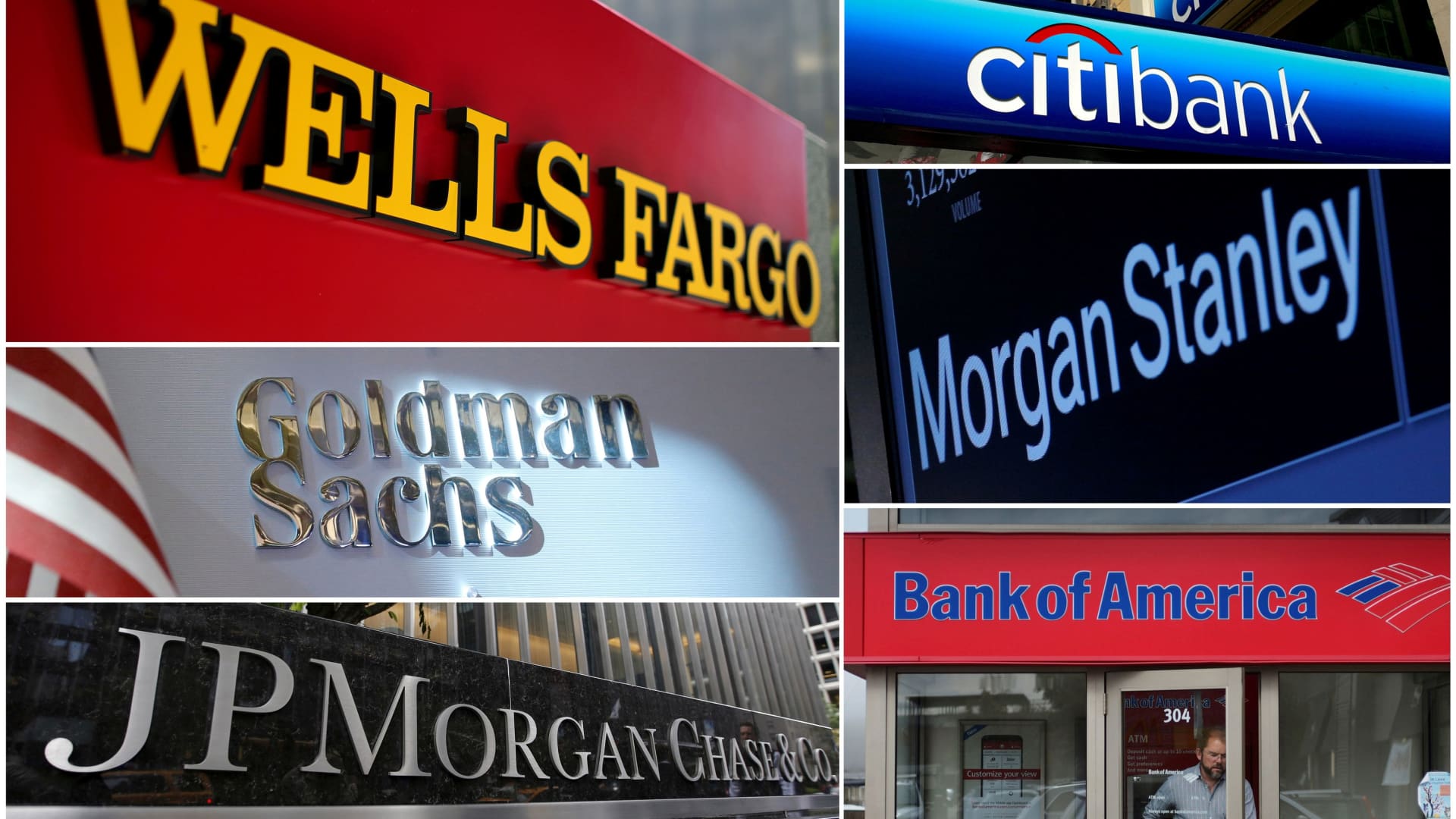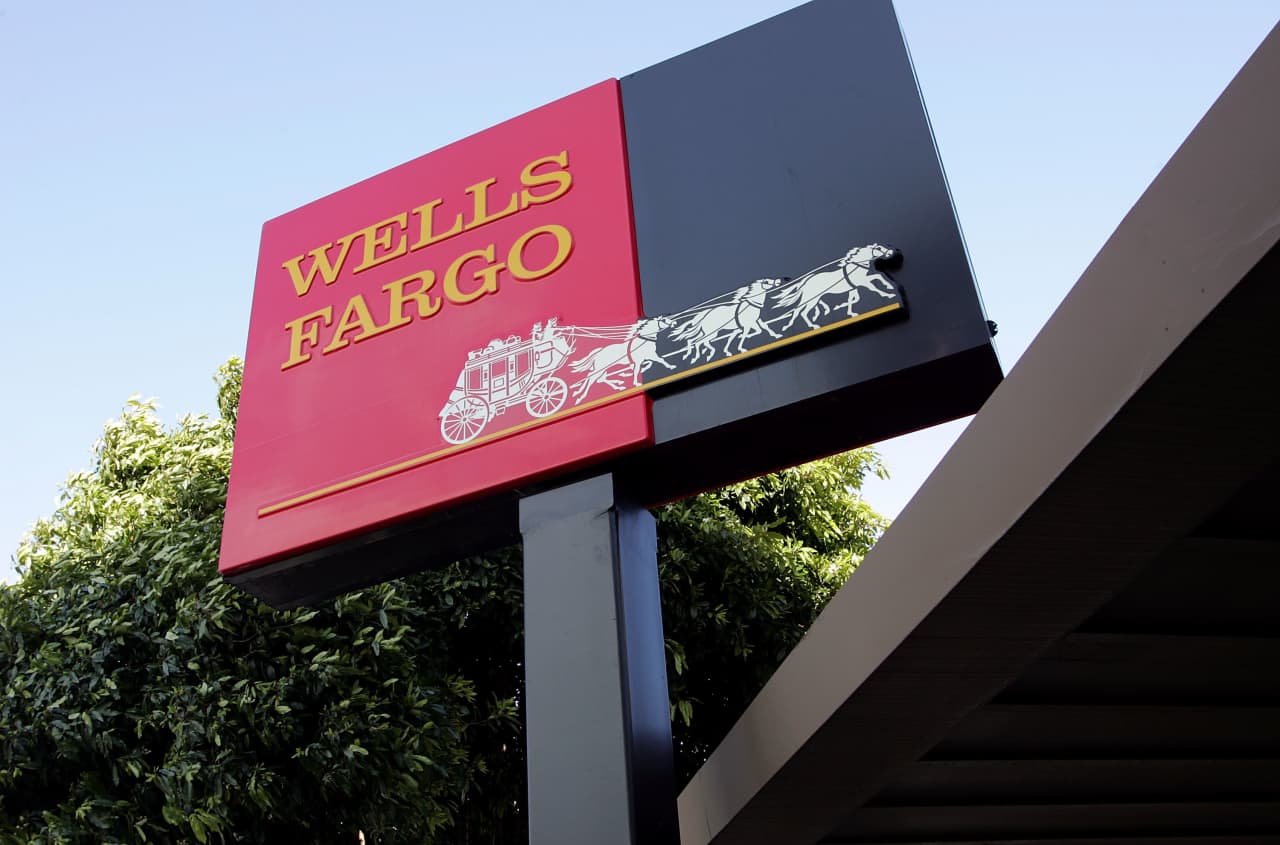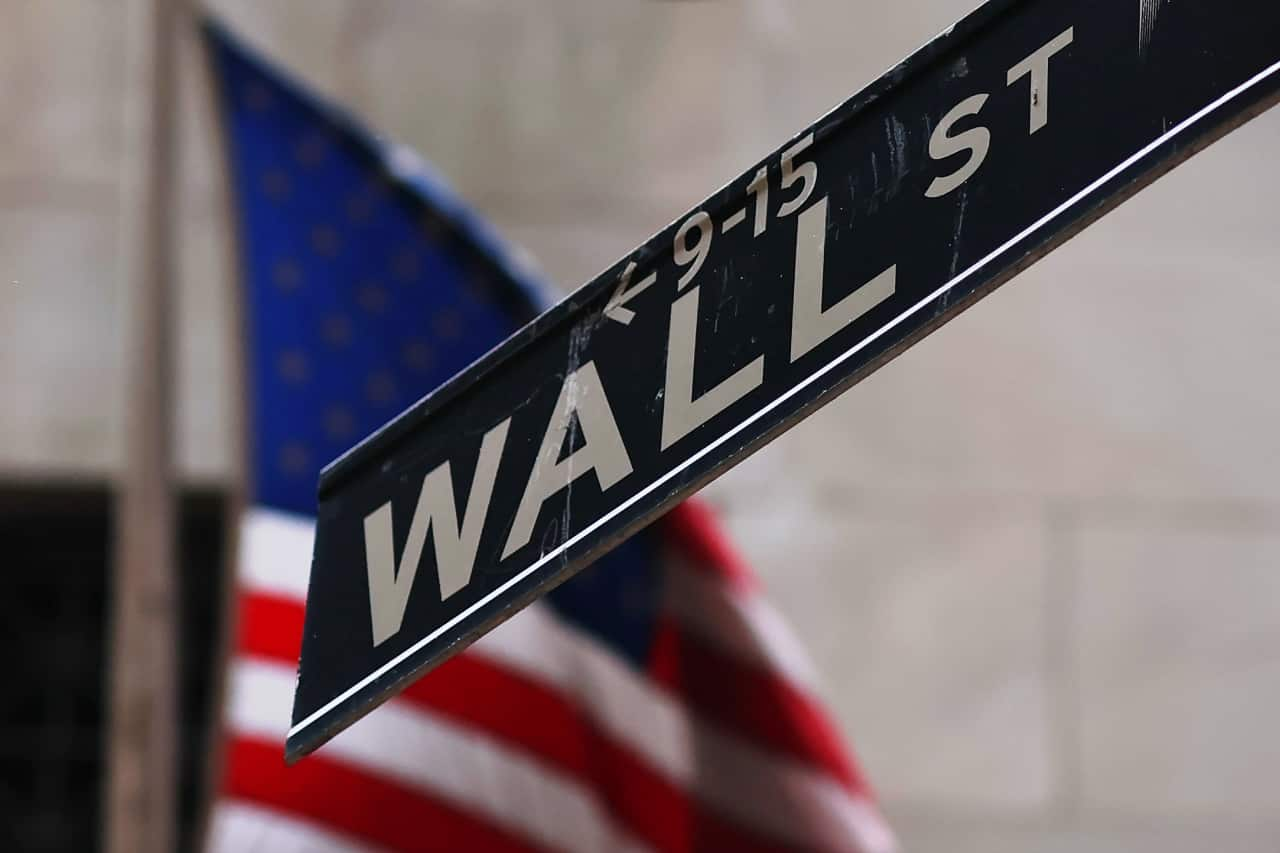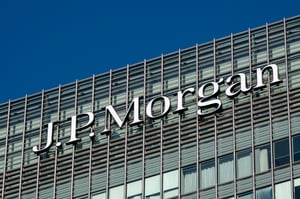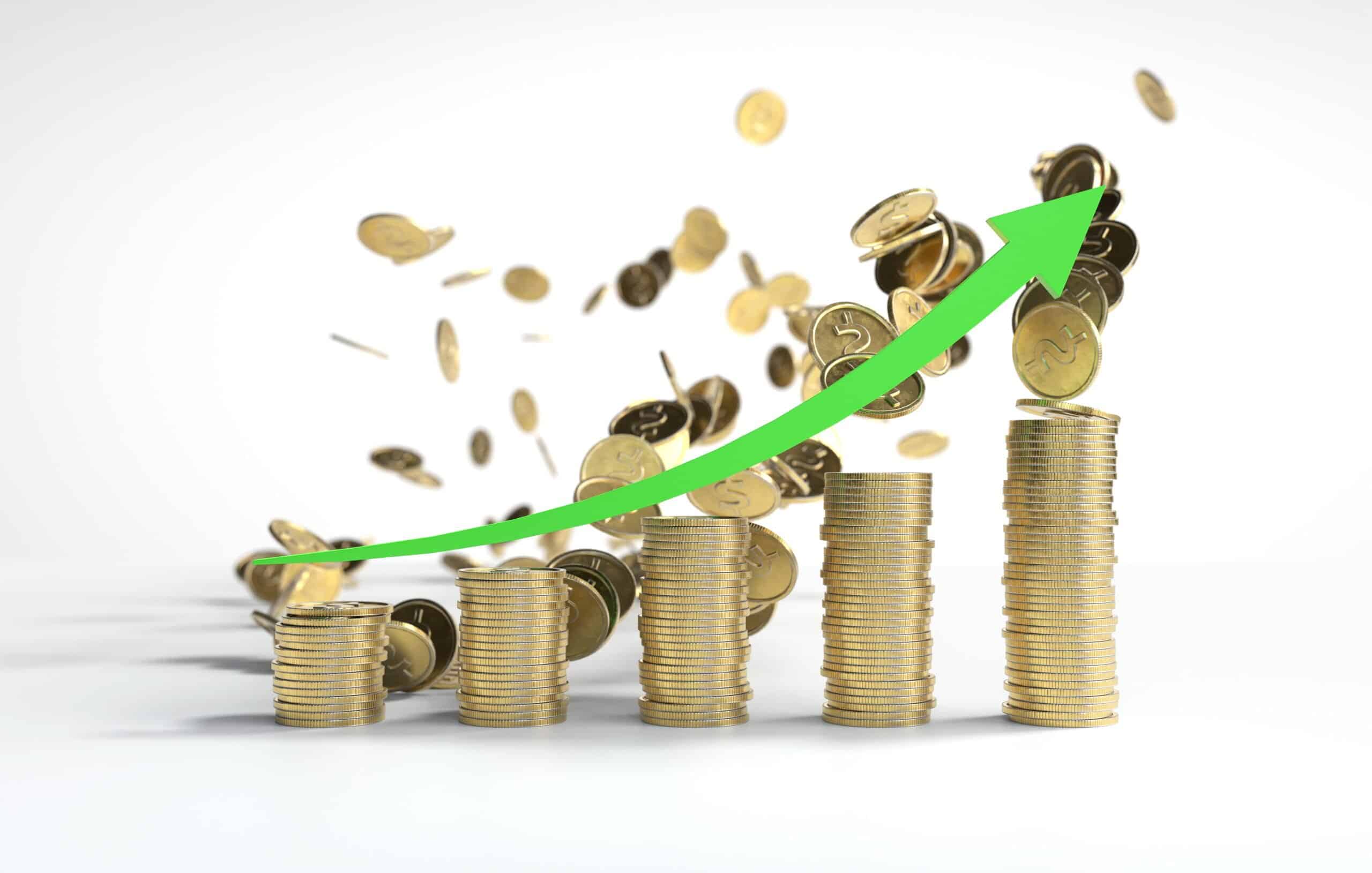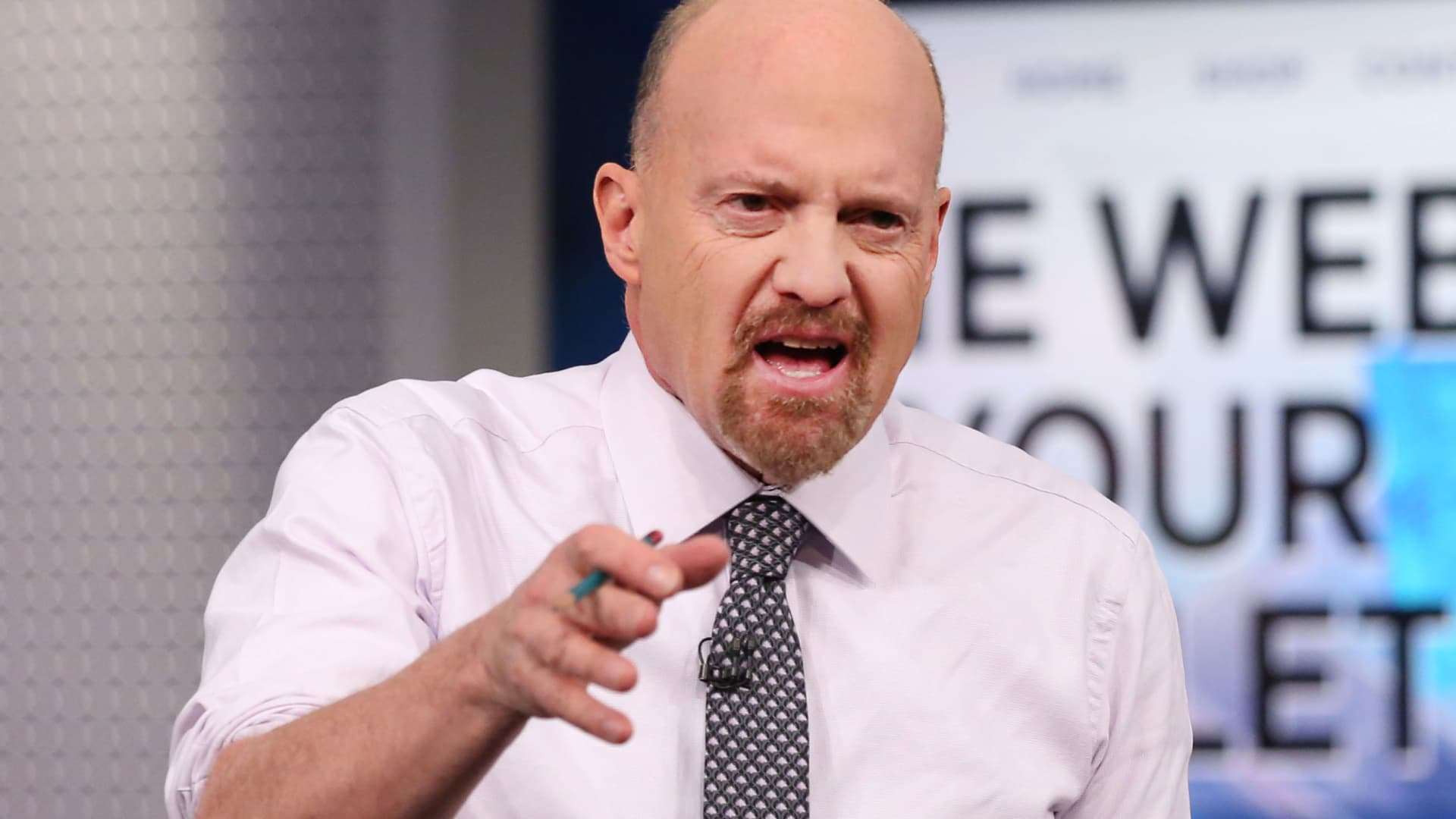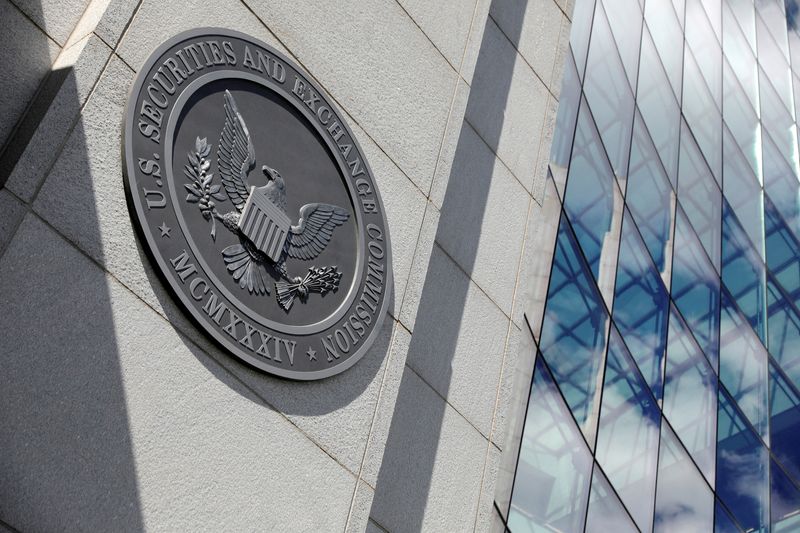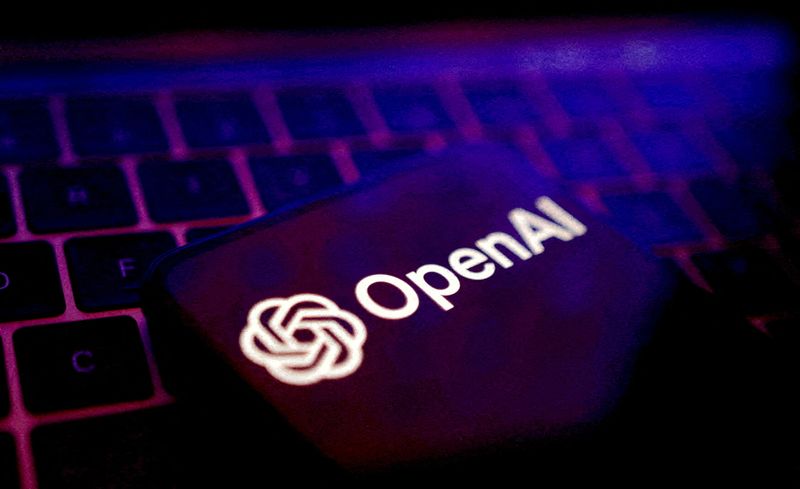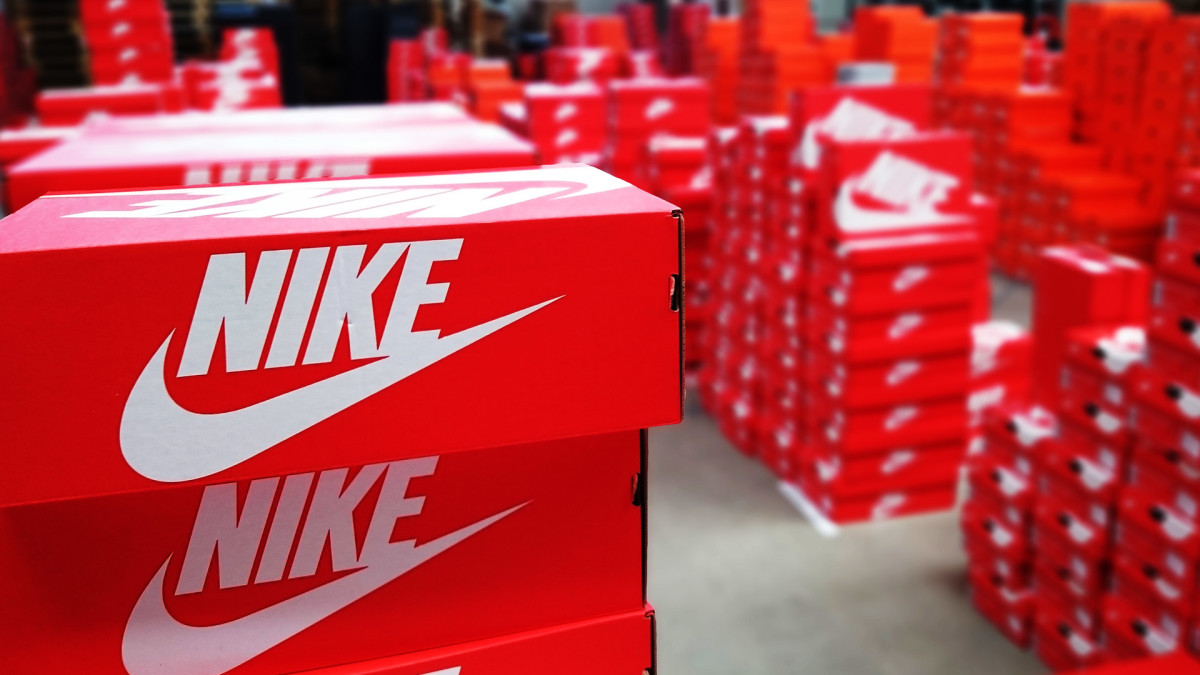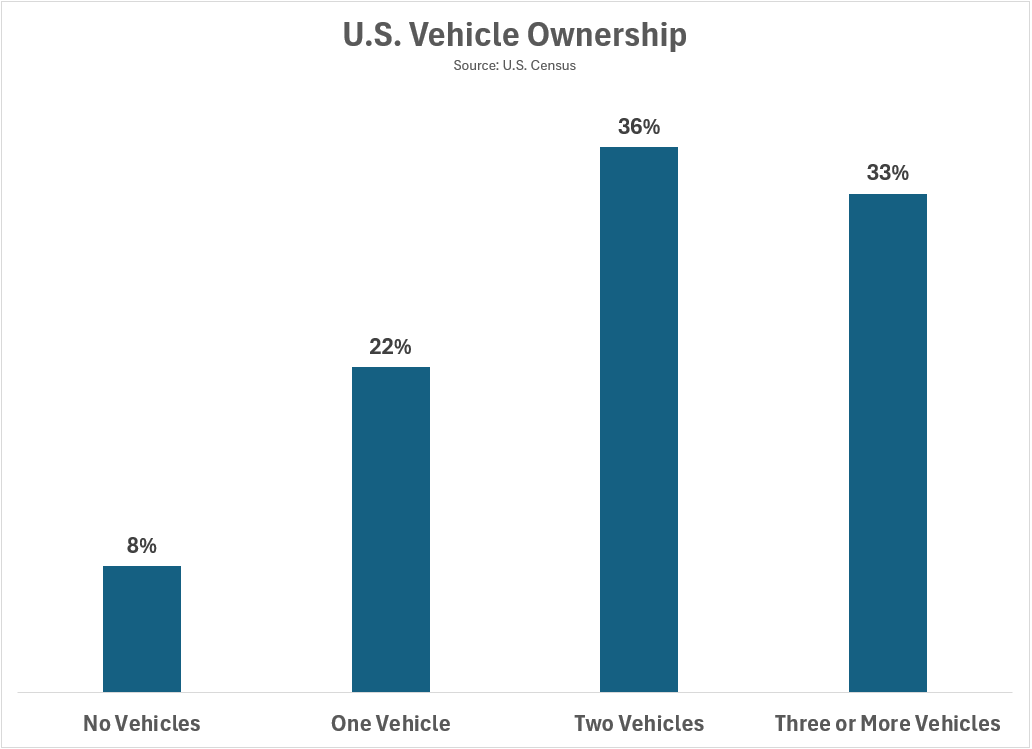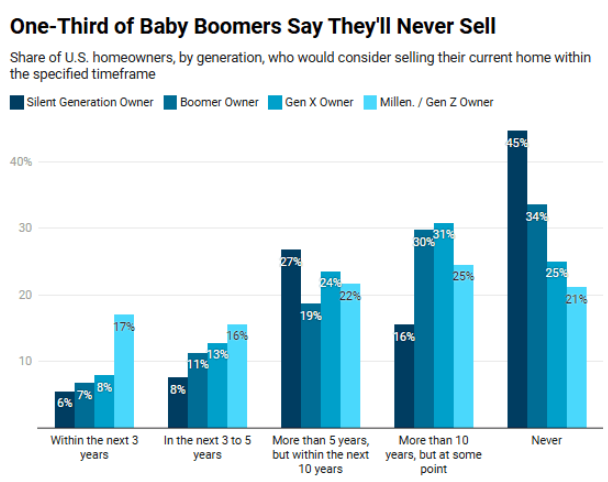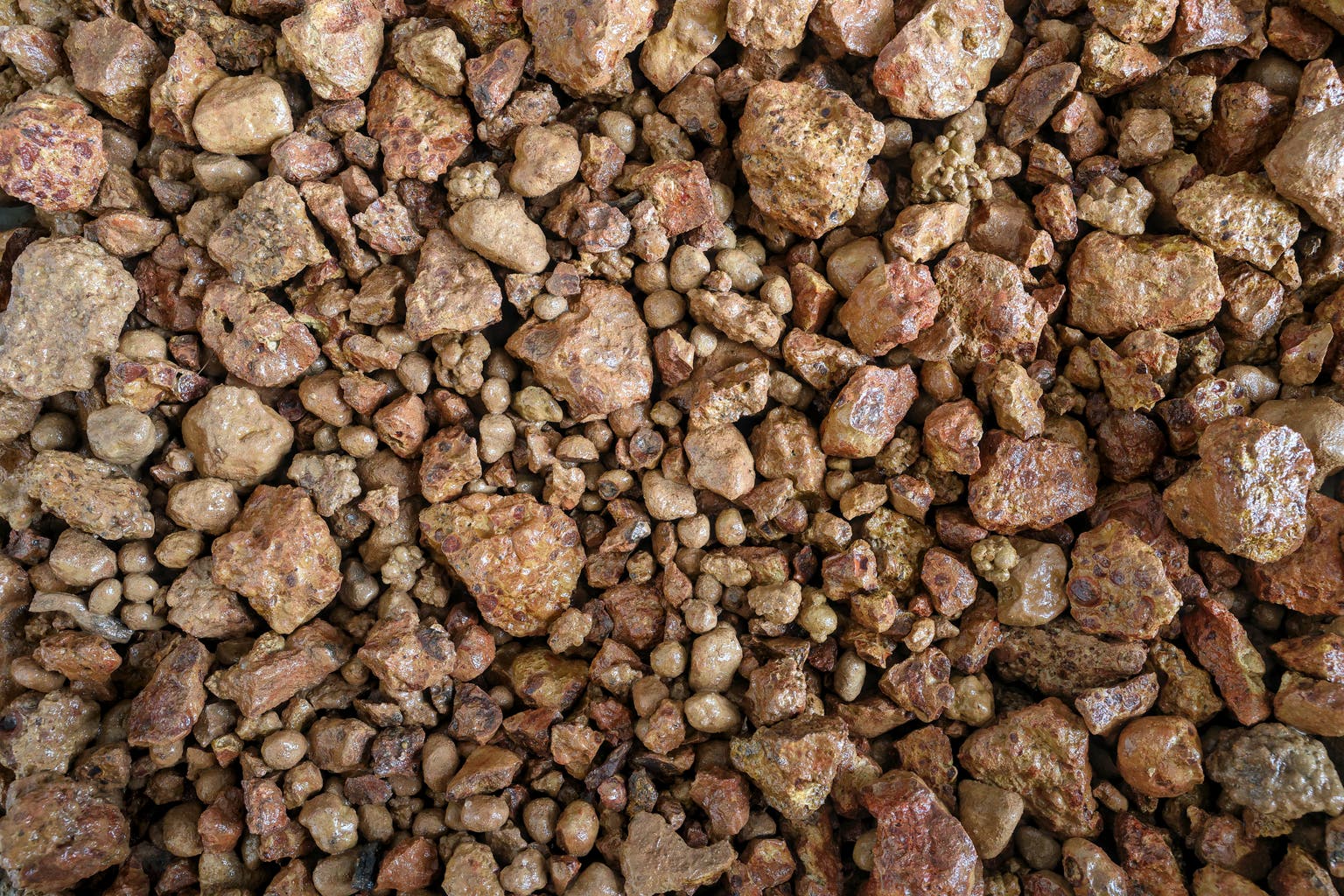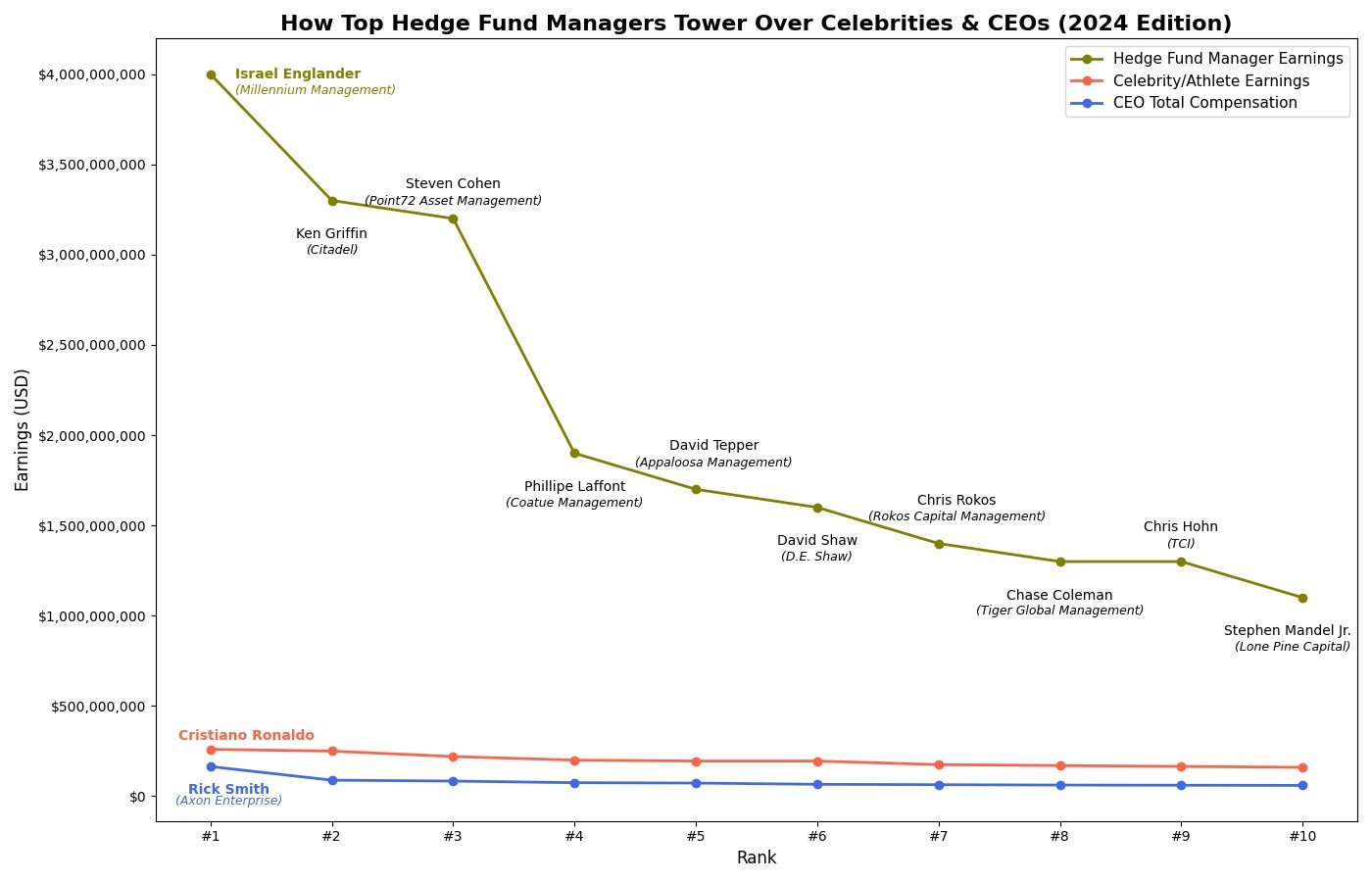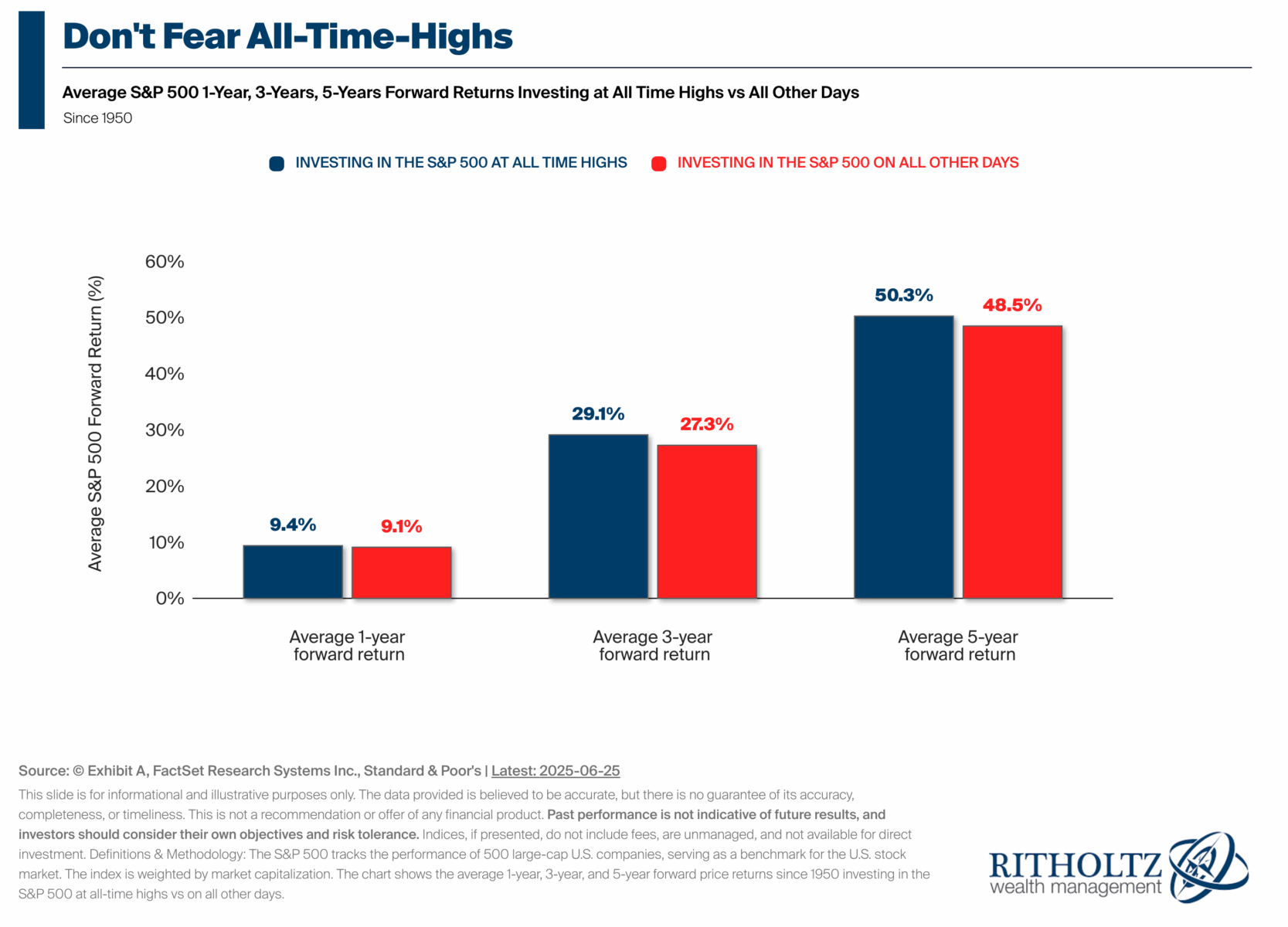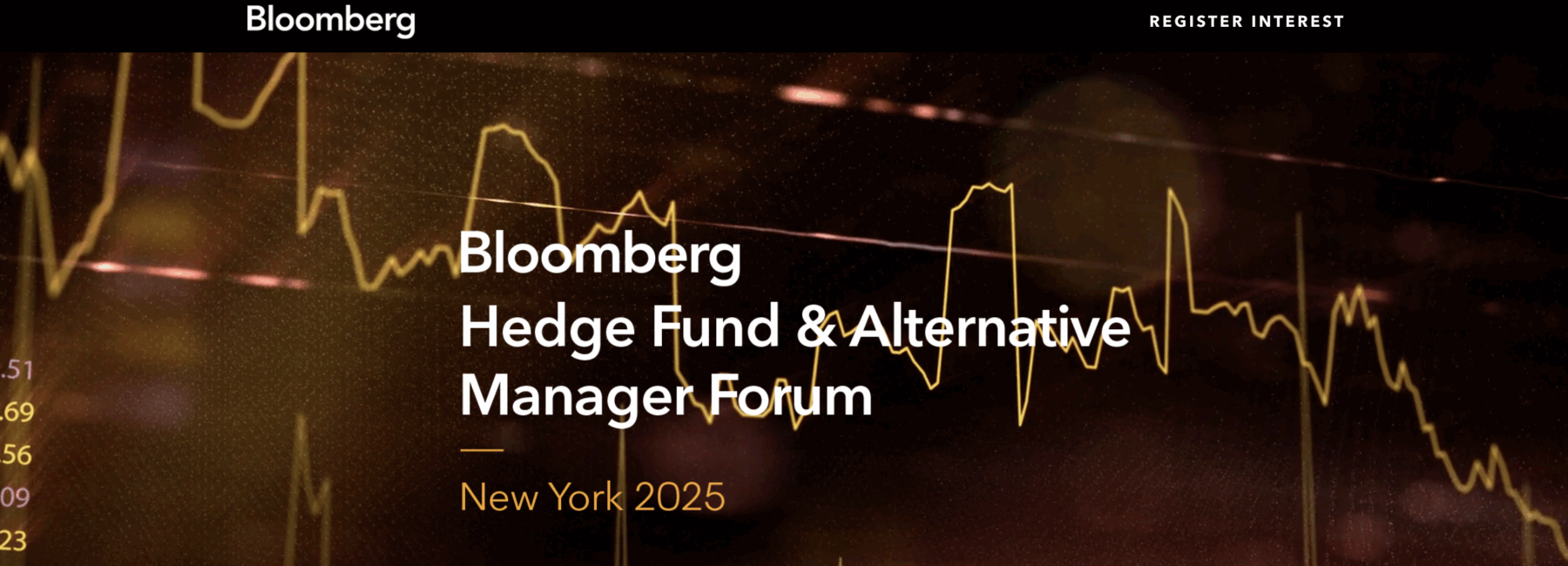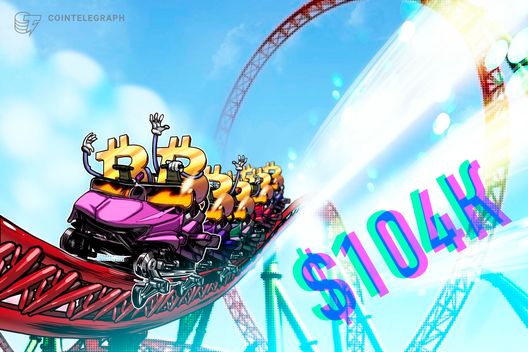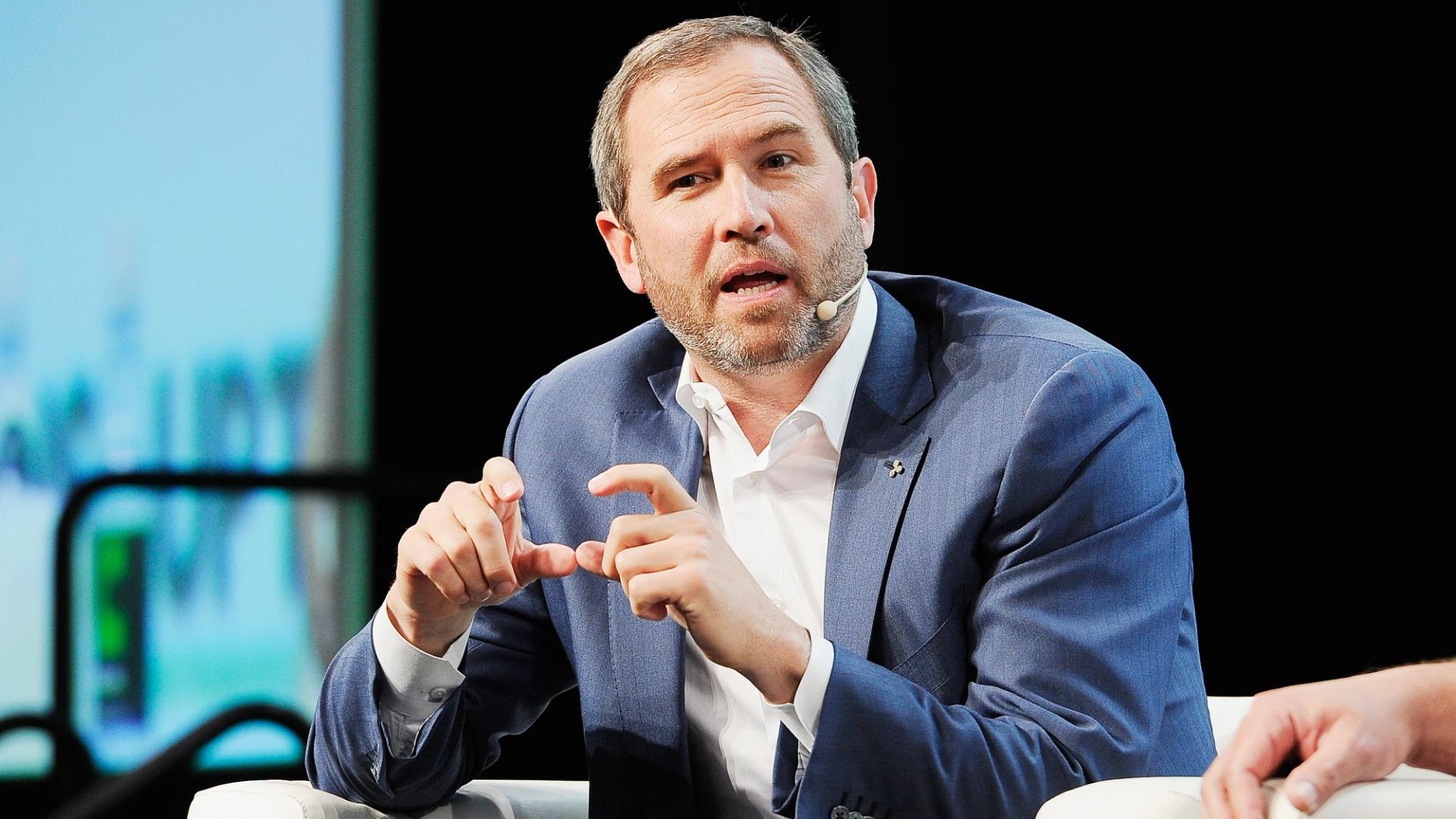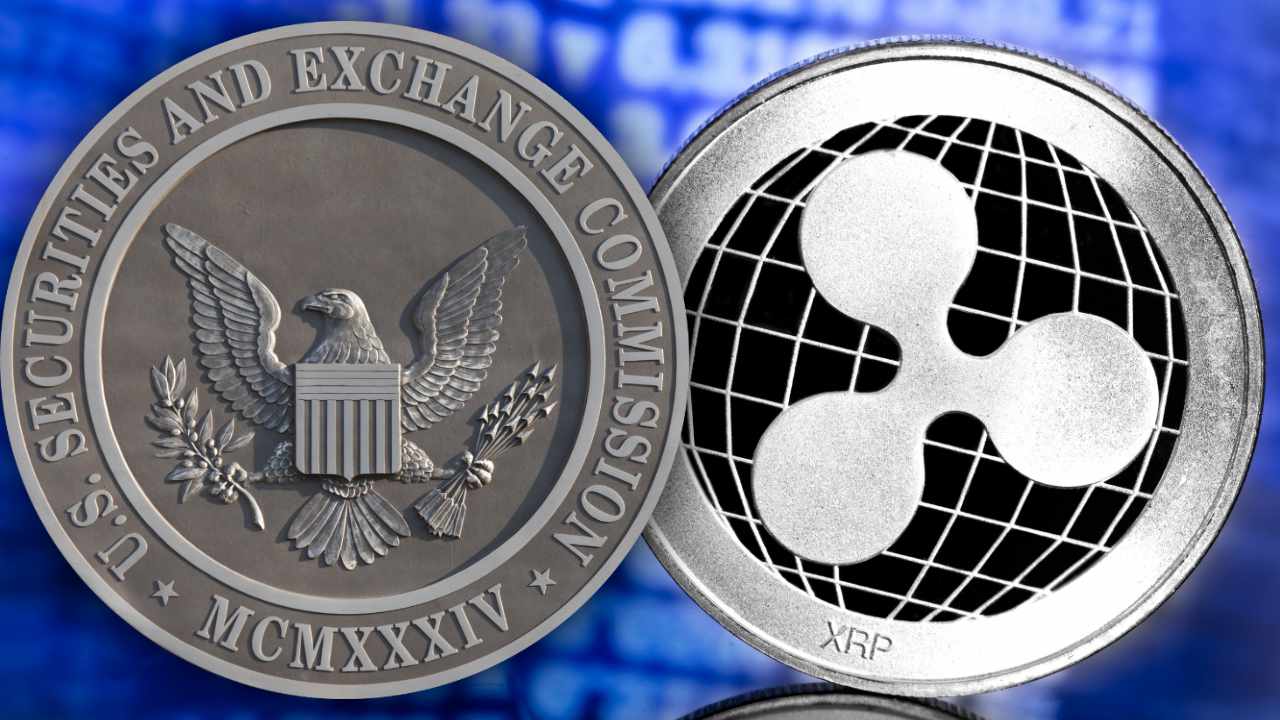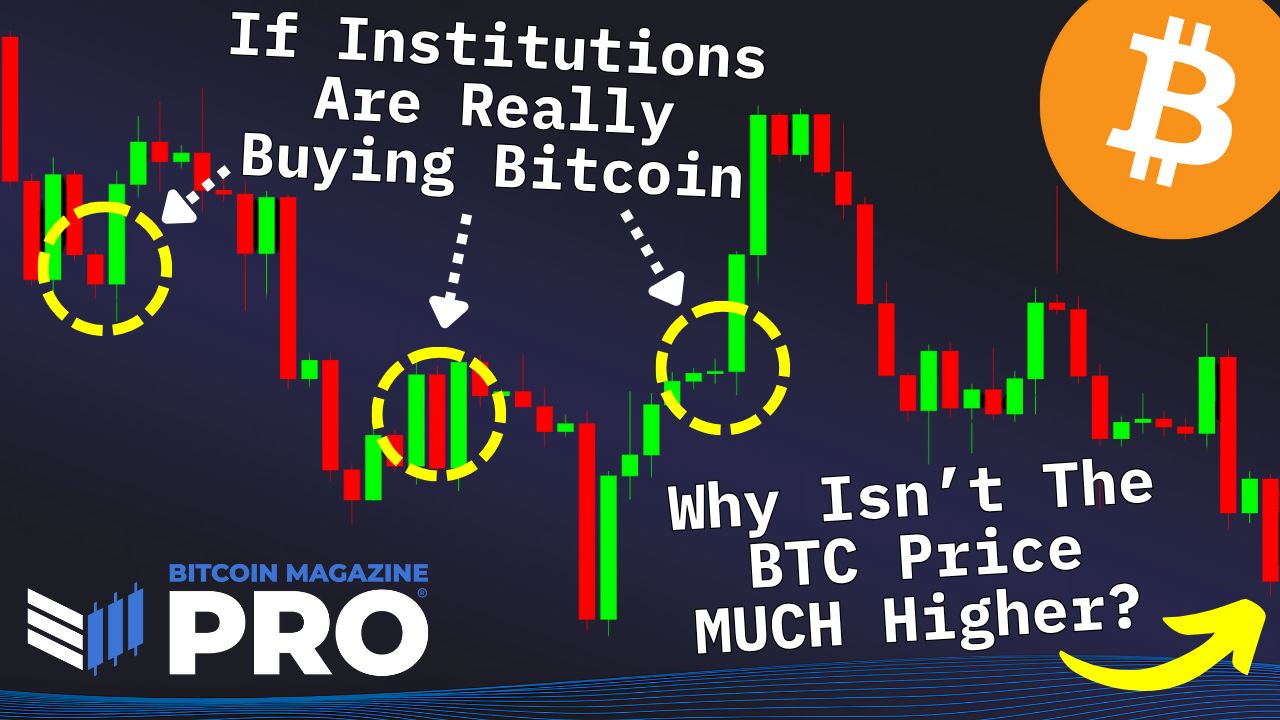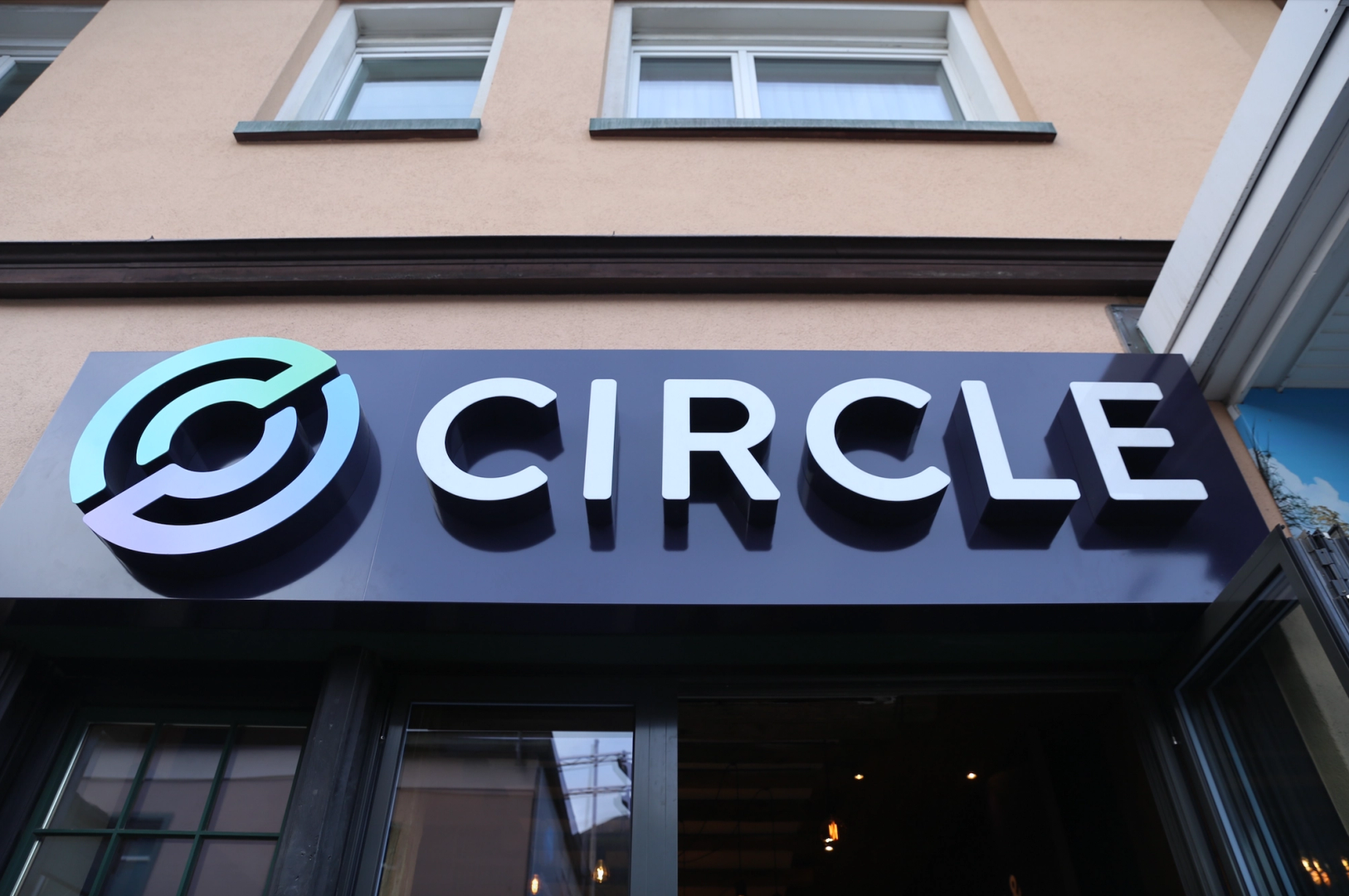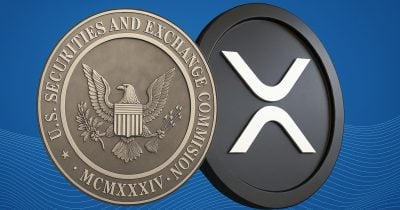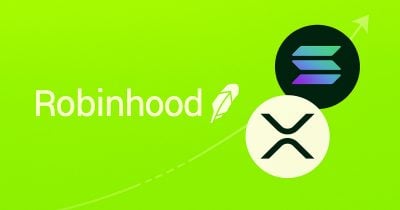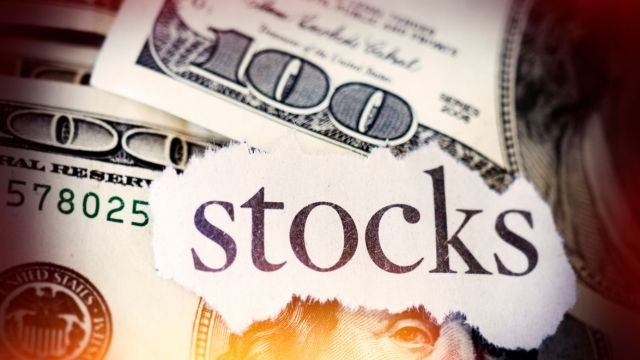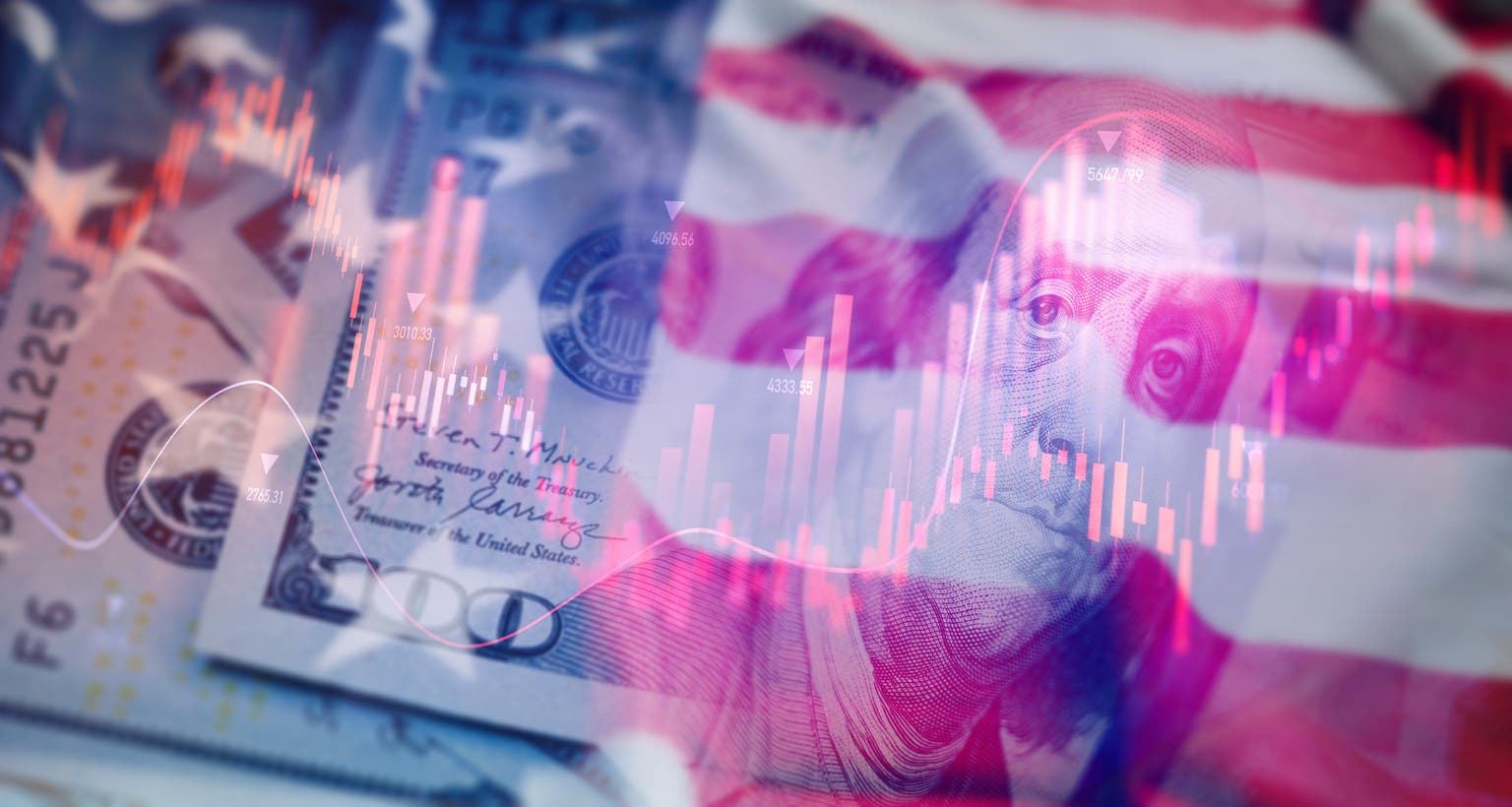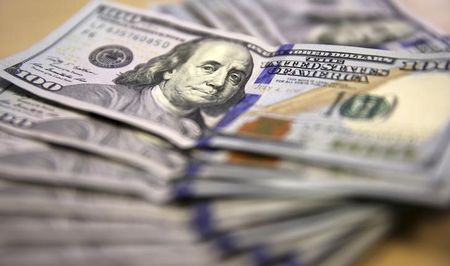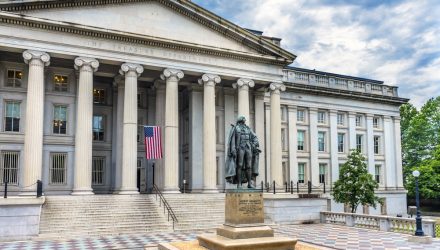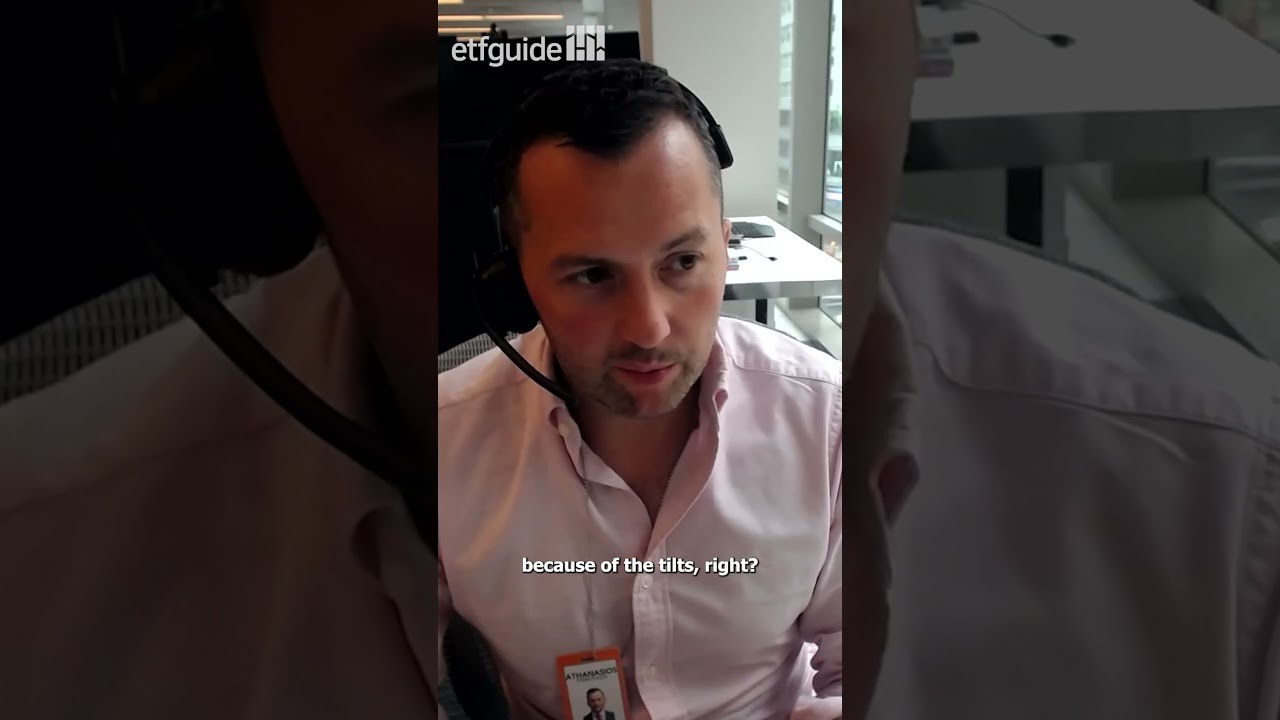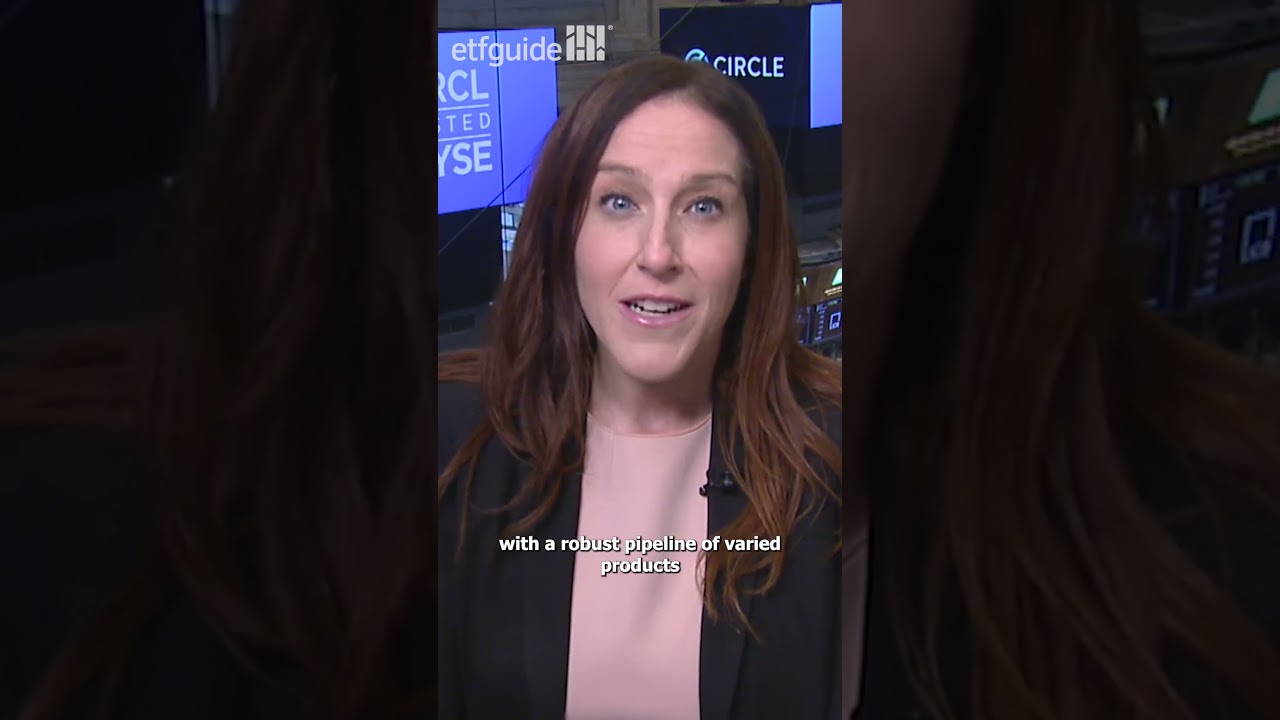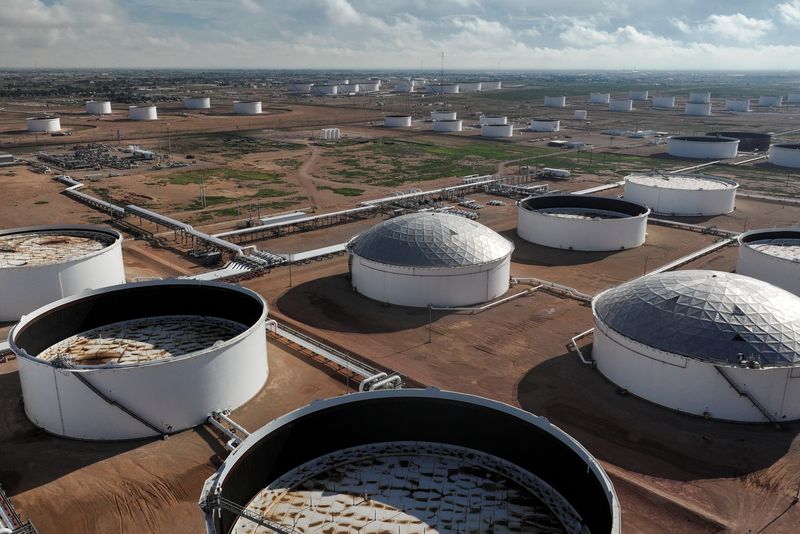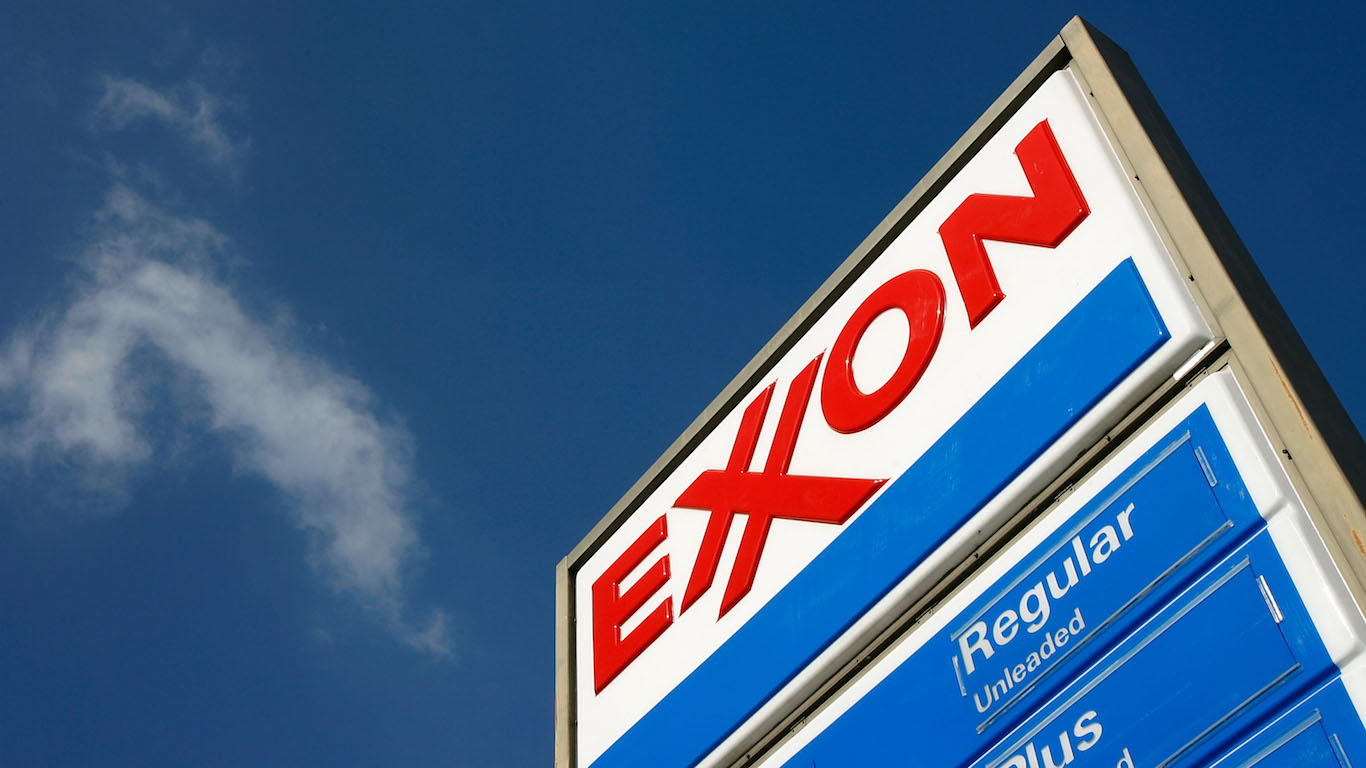5 Recession-Proof Dividend Stocks With Yields Over 6%
This post may contain links from our sponsors and affiliates, and Flywheel Publishing may receive compensation for actions taken through them. When the economy is barreling toward a recession, investors’ first line of defense might be to abandon ship altogether. After all, a slowing economy generally translates to lower profits in many sectors, so why […] The post 5 Recession-Proof Dividend Stocks With Yields Over 6% appeared first on 24/7 Wall St..

When the economy is barreling toward a recession, investors’ first line of defense might be to abandon ship altogether. After all, a slowing economy generally translates to lower profits in many sectors, so why would investors want to stick around and feel the pain? Many stocks will find themselves further down the risk spectrum than others, and when a recession hits, that’s generally when you find out where you stand.
While there is no crystal ball for the future performance of any sector, there are defensive ways to play inevitably changing market cycles so that you are more defensively positioned. This will increase your chances for capital preservation and, when it comes to dividend-paying stocks, income too. We’ve uncovered a list of what we consider to be five recession-proof dividend stocks yielding over 6%, much higher than the average 1.27% that S&P 500 companies tend to pay. These are stocks you might want to consider if the worst should happen and an economic recession hits to find some shelter from the storm.
Key Points in This Article:
- These six stocks provide dividends whose yields can insulate investors from market and economic downturns.
- They span the energy, consumer staples, communication services, real estate and healthcare sectors of the market.
- Are you ahead, or behind on retirement? SmartAsset’s free tool can match you with a financial advisor in minutes to help you answer that today. Each advisor has been carefully vetted, and must act in your best interests. Don’t waste another minute; get started by clicking here. (Sponsor)
Enterprise Products Partners (NYSE: EPD)
Enterprise Products Partners (NYSE: EPD), which is involved in the transportation of natural gas, makes our list of high dividend paying stocks worth owning in a recession. With an annual dividend yield of 6.8%, Enterprise Products clearly prioritizes returning shareholder value to investors. EPD has a proven history of paying dividends, the most recent of which was declared in April 2025 in the amount of $0.515 per share, for an annualized payout of $2.06. While the EPD share price is relatively flat year to date, it’s up 10.7% over the past 12 months.
Not many companies can boast more than a quarter-century of consecutive distribution hikes, but Enterprise Products Partners can. Last year, Enterprise Products set a record with $7.8 billion distributable cash flow. While the operating environment has presented its share of economic and industry headwinds, Enterprise Products has remained fixated on the fundamentals, which continue to carry it through.
Looking ahead, Enterprise Products expects to benefit from its strategically placed energy infrastructure that benefits producers in the Texas Permian Basin, where emerging technologies are paving the way for higher natural gas yields. The company’s forecast for natural gas demand extends all the way to 2030, giving investors some insight into what they can expect over the next half decade, which is expected to include significant production growth. Now that the U.S. has become a net exporter of energy, the sky is the limit for international demand, too.
Conagra Brands (NYSE: CAG)
As a part of the consumer goods sector, Conagra Brands (NYSE: CAG) is a defensive play in a recessionary economy. Conagra pays a dividend yield of approximately 6.5%. The company’s quarterly distribution amount of $0.35 per share brings the annualized payout tally to $1.40. The company has been paying dividends for multiple decades and has a solid history of raising its annual payout. However, the company appears to have kept its dividend payment steady since the second half of 2023. With a market cap of $10.3 billion, Conagra’s balance sheet is heavy with total debt of $8.1 billion, which may explain why it hasn’t raised its dividend lately. But based on historical performance, Conagra is not in the habit of lowering its dividend amount.
As a leading food brand, Conagra’s consumer food business falls in a sweet spot. Consumers continue to need food items even during economic downturns. In fact, when the economy slows, households often shift to eating more meals at home instead of spending more to dine out. The company also supplies products to restaurants, a division that has proven more vulnerable to slowdowns during a recession. Wall Street analysts mostly recommend “holding” Conagra stock, attaching an average price target of $24.37, suggesting upside potential of approximately 14.2%.
Verizon Communications (VZ)
Telecommunications stock Verizon Communications (NYSE: VZ) gets a great deal of attention for its high dividend yield and affordable share price. Verizon offers a dividend yield of approximately 6.4% and trades for below $50 per share as of mid-2025. While it has not yet achieved Dividend Aristocrat status, Verizon has steadily increased its annual dividend payout for about two decades.
Verizon generates the lion’s share of its revenue from its wireless business, which is a must-have among consumers, adding to its stability throughout changing economic cycles. Consumers generally will find a way to pay for mobile phones even in an economic downturn, helping to shield Verizon’s dividend-paying stock during a recession.
In mid-2024, Verizon increased its dividend payout from $0.6650 per share to $0.6775, which is where it continues to hover today. With a market cap of $179.4 billion, Verizon carries debt of approximately $167.7 billion on its balance sheet with $2.25 billion of available cash. Wall Street analysts advise owning VZ shares, with an average rating of “overweight.” The share price has been nearly flat over the past 12 months, but the strength of its dividend provides a consistent income stream for investors, offsetting any missing capital appreciation.
Highwoods Properties (HIW)
As a real estate investment trust (REIT), Highwoods Properties (NYSE: HIW) pays a dividend yield of approximately 6.4%. The company develops and manages properties in the business districts of major U.S. cities, including Atlanta, Charlotte, Dallas, Nashville, Orlando, Raleigh, Richmond and Tampa. The company pays a quarterly cash dividend of $0.50 per share, bringing its annualized payout to $2.00. REITs by nature are a popular dividend play given their model to pay shareholders a minimum of 90% of their profits. With a market cap of $3.4 billion, Highwood Properties has $20.1 million of cash on hand compared with $3.3 billion of total debt.
For investors seeking cash flow when bond yields are low and stocks are volatile, REITs like Highwood Properties can be dependable bets even in an economic downturn. Highwoods Properties would likely continue to collect rent through long-term contracts, generating income to distribute to shareholders. Capital returns can be attractive too. In the case of Highwood Properties, this REIT has delivered returns of 19.2% over the past 12-month period, which is not too shabby, especially in these constrained capital markets.
Pfizer (PFE)
Pharmaceutical giant Pfizer (NYSE: PFE) offers a dividend yield of 7.1%. The company pays a quarterly dividend of $0.43 per share, bringing the total annual distribution to $1.72 per share. The company boasts a track record of nearly 350 straight quarters of making distributions, so you probably won’t have to lose sleep about losing the income.
The last time that Pfizer increased its dividend payment was at year-end 2024, when it lifted the amount from $0.41 to $0.42 per share. While Pfizer’s dividend payout ratio is high, at over 100%, the company has over $17 billion in cash and cash equivalents on its balance sheet, giving investors assurance that it will be able to continue returning shareholder value.
While Pfizer’s share price has lost some ground over the past 12 months, Wall Street analysts are upbeat about its prospects. Most of them assign a “moderate buy” rating to this pharma stock. The average price target of $28.20 per share suggests upside potential of 16%.
One key tailwind for Pfizer stock is its defensive nature considering consumers generally continue to buy their medicine regardless of the economic climate. Prescriptions are not part of a discretionary budget and therefore tend to move up the priority list even when spending is tight. In recent Wall Street activity, Jefferies analysts maintained a “buy” rating on PFE stock with a price target of $33, indicating there is runway for gains. The analyst firm is bullish on Pfizer’s R&D progress in the field of oncology.
The post 5 Recession-Proof Dividend Stocks With Yields Over 6% appeared first on 24/7 Wall St..







